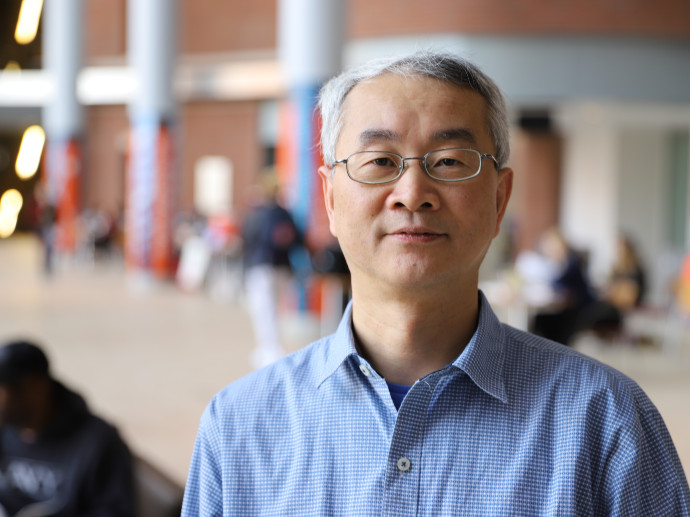Graduate Students Invent Slippery, Water-Repellent Surface Using Wax Candles
Imagine you are standing on a slippery surface and the slightest imbalance makes you stumble. Researchers in the College of Engineering and Computer Science have developed such a surface, not for you, but for water droplets. The super-slippery coating, called…


